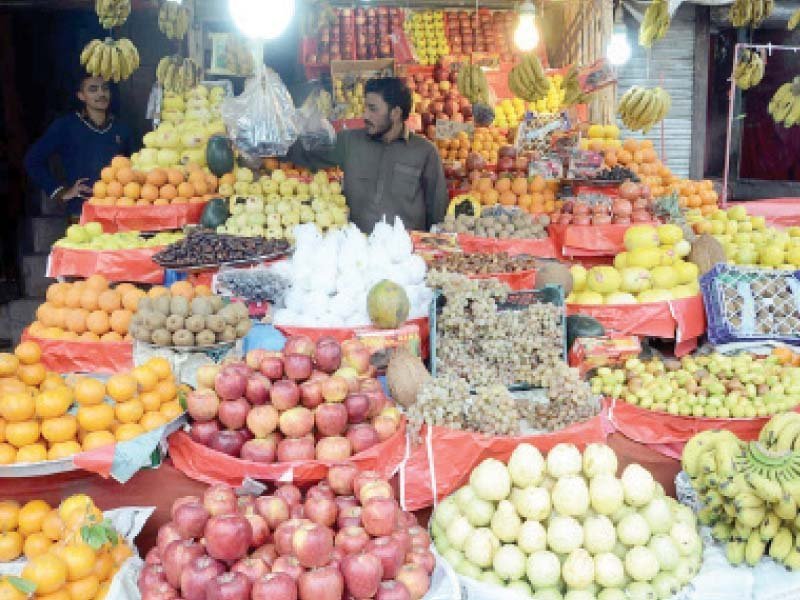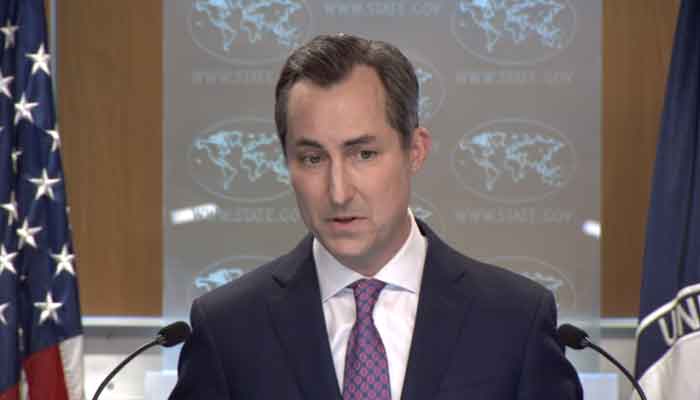Amid supply constraints for food products and a significant surge in the price of petroleum products, Pakistan is also likely to witness a heavy inflation reading of around 27% for the month of January, compared to the central bank’s projected average reading of 21-23% for the ongoing fiscal year 2023.
Succumbing to the directives outlined by the International Monetary Fund (IMF), the government is likely to increase the tariff for power and gas, along with imposing additional taxes worth Rs200 billion, which may trigger inflation to hit a multi-decade high – going above 30% – within the next couple of months.
To recall, inflation hit a 49-year high at 27.3% in August 2022. It was recorded at 24.5% in December 2022.
Ismail Iqbal Securities Head of Research Fahad Rauf said in a commentary on Tuesday that inflationary pressure has increased in January 2023, where supply shortage has emerged as the primary reason. “Wheat and wheat-flour prices shot up as flour mills were unable to procure wheat from provincial governments,” he said.
Chicken prices soared as the key feed source (soybean) was stuck at port due to government imposed restrictions. The price of rice also surged as a result of the floods and better export prices.
“We estimate the CPI (consumer price inflation) index to increase by 2.4% month-on-month led by higher food and quarterly house rent revision. On year-on-year basis, inflation is estimated at 27% (in January 2023)”
Going forward, inflationary pressure is expected to increase more given the sharp devaluation of the rupee and expected petroleum, electricity and gas price adjustments. The trajectory will depend upon the size of the adjustments and whether they will be staggered or expended in one-go.
Core inflation (non-food and non-energy) is to persist at the current levels, given supply chain issues, increasing by 1.2% month-on-month, compared to 1.3% in December 2022. The year-on-year reading, however, will witness a minimal increase to 16.6% in January 2023, compared to 16.4% in December 2022 due to a high base effect. “The current real (interest) rate on core inflation is marginally positive,” said Rauf.
The State Bank of Pakistan (SBP) has increased its key policy rate (benchmark interest rate) by 100 basis points to 17% on January 23, 2023. A further hike in the policy rate in the months to come cannot be ruled-out considering the upward trend in inflation.
The central bank increased its policy rate on the outlook that inflation would rise ahead of the upward revision of energy prices and rupee devaluation.
In November 2022, the central bank revised up the inflation reading to average between 21-23% for the current fiscal year 2023, compared to previously estimated at 18-20% for the year.
The central bank’s latest monetary policy statement for January, however, carries no projection for inflation for the current fiscal year.
“National CPI inflation remained at elevated levels…Increase in food inflation remains the major contributor to this persistence in inflation,” the SBP said in the monetary policy statement.
“The uncertainty on their (fuel price) future path and expected near-term adjustments remain the major upside risks to the inflation outlook,” said the central bank.

















































